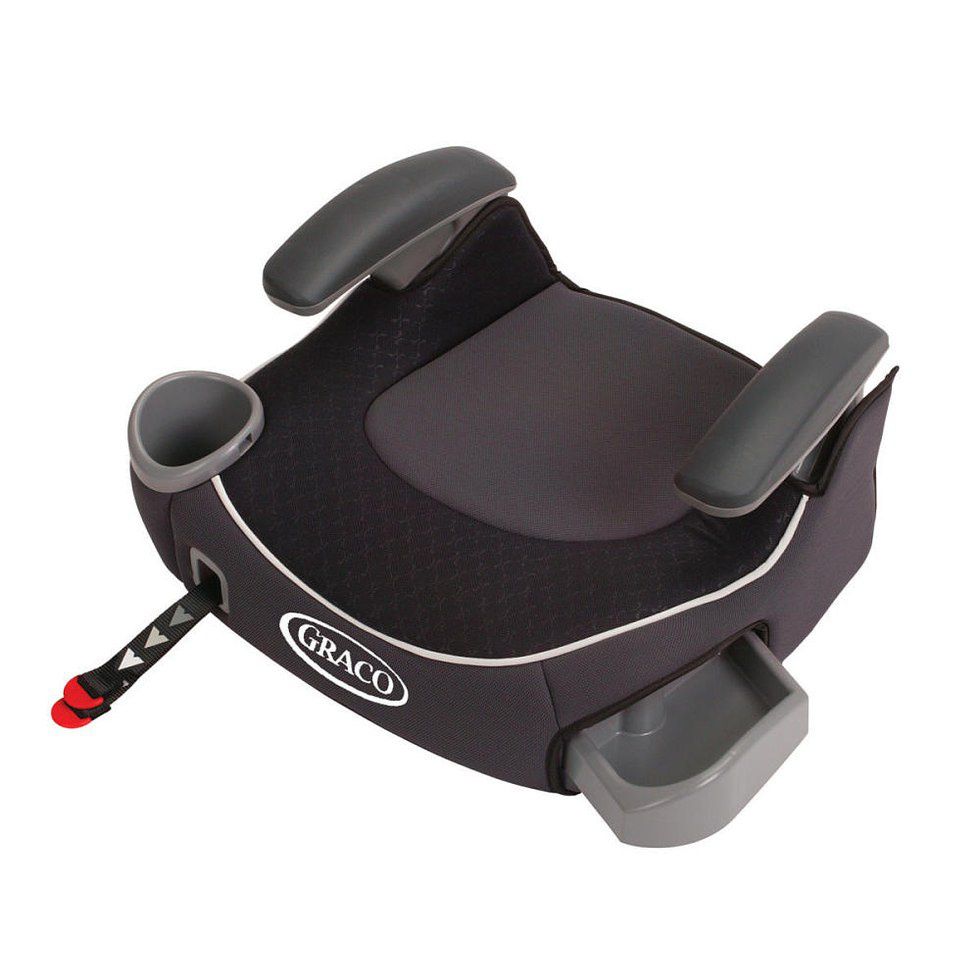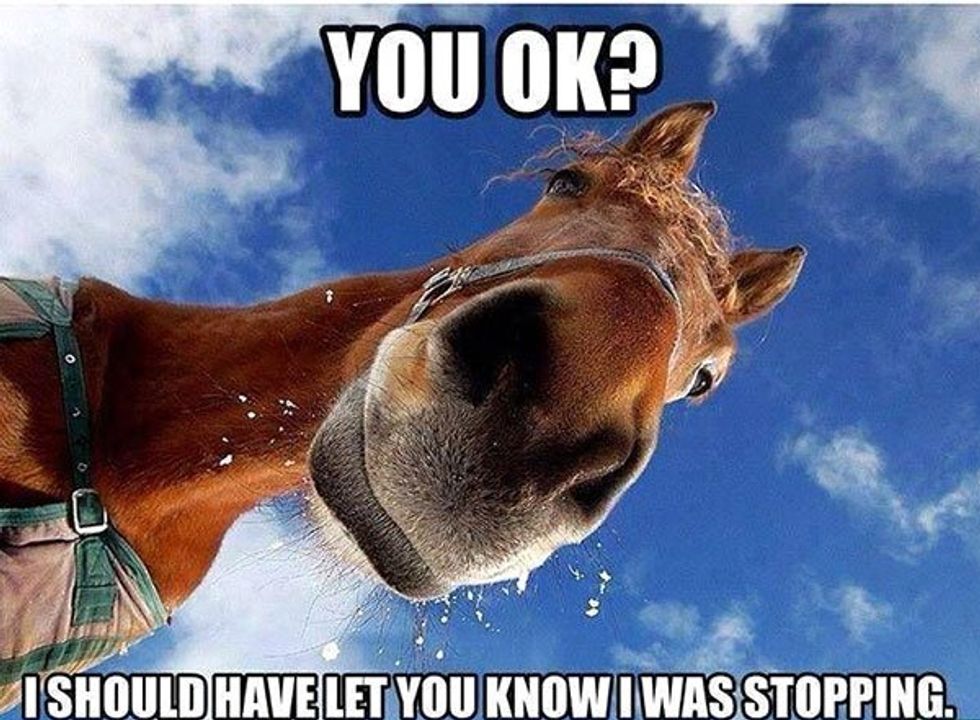Let me begin by saying Hillary Clinton's speech was more difficult to analyze than Trump's. This isn't because I'm a Clinton supporter and can find no wrong with her. My difficulty lies with her word usage and the way she styled her speech. Trump is known for having very specific, sometimes incorrect, statements; perhaps this is due to his limited experience in politics. Clinton's speech was filled with idealistic general statements which were more matters of opinion than facts. I can't disprove an opinion, because the nature of an opinion isn't to be approved or disproved. It's to explain how a person thinks. Although I found the majority of Clinton's nomination acceptance speech to be opinions, two of her political stances I can respond to.
1. Raising the minimum wage can have negative results.
Hillary has supported the increase to $12 increase and the $15 increase for minimum wage. I believe we should raise the minimum wage, but if we raise it too high then it will actually create a false sense of wealth. Workers in states that have already increased their hourly wages have seen a decline in the amount of hours workers have. Seattle recently increased the minimum wage to $11 from the previous $9.47. For a short period of time, the increase seemed to have only positive consequences.
But, this wasn’t meant to last. It's true, increasing the minimum wage by one dollar has been shown to increase the weight and health of babies. The babies’ pre/post natal health allowed for better educational and financial oppurtunities later in the babies’ lives. Also, babies who are born under the weight average have been shown to receive a 15 percent income reduction as an adult. So, increasing the wage could affect the future of the American financial system. However, coming up with the money to increase minimum wage is a complex issue. We are a nation $19 trillion dollars in debt. In order to keep up with increased minimum wage, businesses will either cut the amount of hours an employee works, or even fire workers. Another tactic to keep up with an increases minimum wage would be to increase the cost of consumer goods. The money has to come from somewhere; it won’t simply appear. One of the questions we should ask ourselves: Would I be willing to take a pay cut in order to raise the minimum wage?
Yes, the minimum wage has risen 22 times since 1938, but in order for minimum wage to hold the same weight as it did in 1981, it would have to be more than $8, and it would be more $11 to be equal to the buying power in 1961. While it’s a wonderful idea to raise minimum wage across the board, we must first assess whether or not it would do more harm than good. In my opinion, Clinton’s promise to “build an economy where everyone who wants a
2. The 1 percent doesn't get 100 percent.
Clinton claimed "More than 90 percent of the gains have gone to the top 1 percent. That's where the money is." Emmanuel Saez, an economist from the University of California-Berkely, calculated that the 1 percent received 52 percent of the total income from 2009-2015. Clinton was off by almost 40 percent from what the 1% total income truly was. While the 1 percent may not be in dire financial straits, with Clinton's tax plan the lower classes might be. She is proposing a new tax bracket for people earning more than $5 million dollars in annual income.
The reason why Clinton is proposing on taxing the $5 million income at 43.6 percent is to hypothetically give lower classes a tax break. She claims taxes have been "skewed" towards the rich, but in an effort to level the playing field she may be putting the odds even less in our favor. The 1 percent use their cash to their benefit, which can mean investing in businesses and kick-starters. There are even television shows based on this concept, shows like Shark Tank take self-made millionaires/ billionaires and have them reinvest their money into smaller businesses. One of the potential ramifications of Clinton's tax plan is cutting off our flow of money from the 1 percent. Instead of investing money into other businesses, they'll be using the money to pay their new taxes. This would eliminate many new job opportunities, and affect the lower classes like a row of cascading dominoes. The harm in Clinton's 40 percent difference is that we don't have the best idea of where our money is going, which means we can't accurately predict the consequences of our financial planning.
Citations:
Johnson, Rucker C., and Robert F. Schoeni. "The Influence of Early-Life Events." The B.E. Journal of Economic Analysis & Policy. U.S. National Library of Medicine, 06 Sept. 2011. Web. 01 Aug. 2016.
"Minimum Wage Mythbusters." United States Department of Labor. United States Department of Labor, 09 Dec. 2015. Web. 01 Aug. 2016.
Saez, Emmanuel. Striking It Richer: The Evolution of Top Incomes in the United States (Updated with 2015 Preliminary Estimates) (n.d.): n. pag.Eml.berkeley.edu. UC of Berkeley, 30 June 2016. Web. 1 Aug. 2016.



















 teenhorseforum
teenhorseforum














